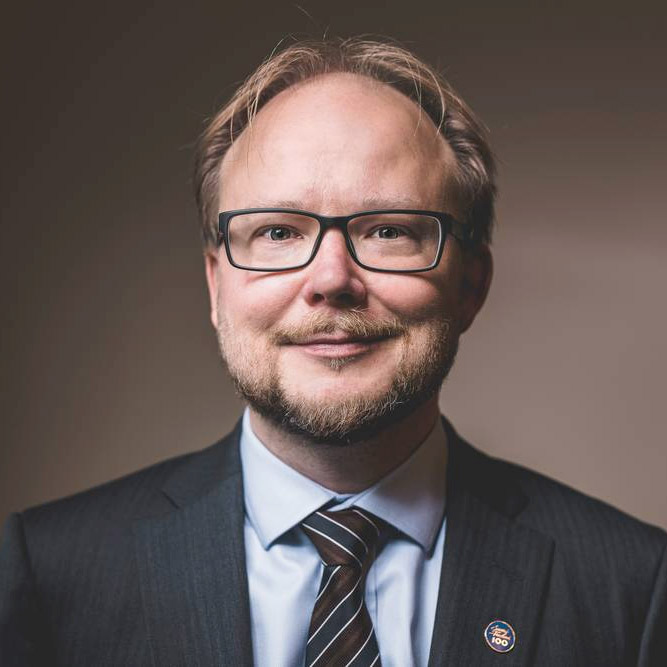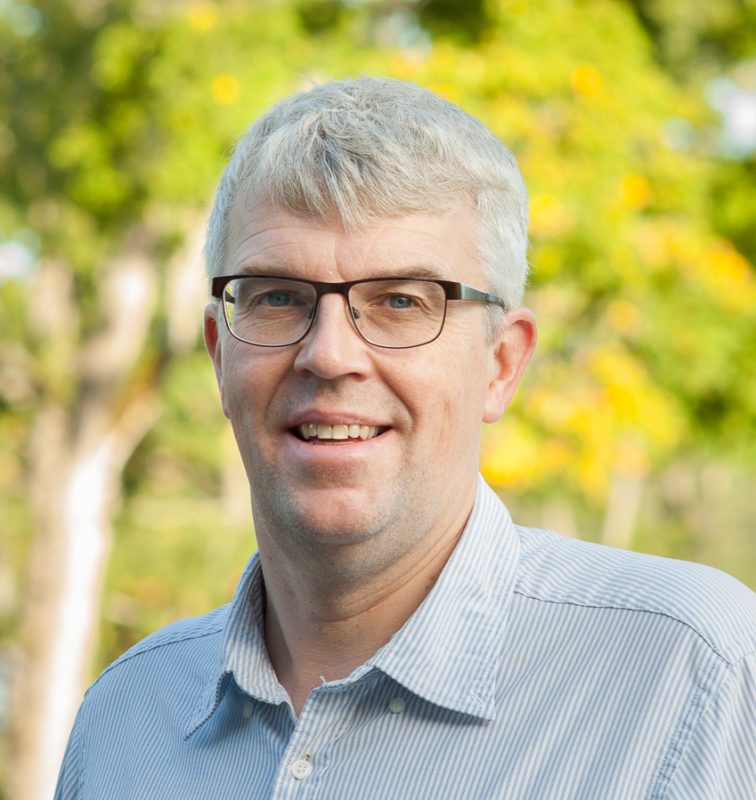- Industrial infrastructure
- Municipal infrastructure
Customer cases
Minimise waste through the cooperative power of the platform economy
May 27, 2020- InfraTalks – utility infrastructure insight

Markus Hassinen
Markus Hassinen is the CEO of Nevel Oy. He has over 20 years of international experience from various businesses in the energy field and is driven by a desire to develop leadership to provide better service for organisations, clients and owners.
In a world where the largest taxi company has no cars and the biggest accommodation provider owns no properties, the power of platforms has already been proven, with digital matchmakers pairing buyers with sellers and delivering benefits to all parties. But the growth of the platform economy is revealing more than just business opportunities, with huge social and environmental gains available for those who recognise the power of cooperation. For example, a modern platform economy can help to minimise waste by enhancing municipal and industrial resource efficiency.
Creating next-level utility infrastructure for industry and municipalities
Municipalities and industry are currently facing significant employment and cost-related pressures. Investments in modern, smart infrastructure solutions are essential for the development of local society: a competitive industrial sector along with a well-functioning municipal infrastructure makes it possible to create new jobs and continue attracting new residents.
Smart infrastructure and modern platform solutions can provide significant economies of scale. By effectively using energy, information and material flows – such as heat, cooling, waste and oat hulls – we can gain cost savings and reduce emissions, both of which are essential as we move towards a carbon-neutral future. Through cooperation between participants such as industry, municipalities and partners we can find the right solutions and investment models.
This cooperation can bring about a positive environmental impact because resources are not consumed unnecessarily – even if they are renewable – and waste is reused or minimised. In this way optimising energy, material and information flows in local ecosystems not only benefits each participant, but the community as a whole.
“In this way optimising energy, material and information flows in local ecosystems not only benefits each participant, but the community as a whole.”
District heating as a modern platform economy
A good example of a modern platform economy is district heating, where the platform approach enables a more optimal utilisation of energy and material flows. The district heating network is a platform for utilising excess heat from industry, as well as heat storage that makes it possible to optimise energy production. District heating serves as a platform for using by-products from industry – for example, sawdust or oat hulls – as an energy source for heat production. This often means less need for transporting fuel because distances are short.
There’s no need to develop a separate heating solution for each individual building or block of flats; changing heat production to use a renewable method can be achieved through economies of scale. This approach brings benefits to hundreds or even thousands of customers simultaneously. At Nevel we believe that district heating is the easiest way to provide customers with reliable and responsible heating as we move towards a carbon-neutral society.
Digital platforms connect the dots
A good working model brings together industrial and municipal decision makers to plan a solution that makes sense from a social and sustainability point of view and that generates value at every step.
Our solution relies on the expertise of our top professionals as well as our energy industry-leading digital platform. Through our extensive operations in Finland, Sweden and Estonia, we have been able to develop a unique operation model based on digitalisation. This model makes it possible to use massive amounts of data to optimise energy and material flows. Based on the data we collect, and with the help of machine learning, we can produce energy more intelligently and take advantage of economies of scale.
With the platform economy model describe above, we can together work to develop local circular economies.
Examples of industrial and municipal cooperation supported by Nevel
Fazer
Transformation path towards carbon neutrality
Nevel has built a new energy plant at the Fazer Lappeenranta confectionery plant to supply more environmentally friendly heat and steam. The new plant uses low-emission natural gas but is designed so that biogas can be used in the future to further improve sustainability. Nevel operates the plant, allowing Fazer to devote more resources to developing their core business – making delicious confectionery.
Sandvik Coromant
Collecting excess heat and green heating
Sandvik Coromant’s factory in Gimo is the world’s largest manufacturer of machining and tooling systems, with products being used in machining, including the drilling, milling, turning and grinding of metal. In 2017, a sustainability initiative called “Grön Fabrik” (The Green Factory) was launched and a self-assessment tool developed, with the intention of determining the current level of sustainability at the factory and creating an action plan for improvements. The scope of the initiative covers more than 45 areas and everything inside the factory, including people, and everything that leaves the factory.
Read more
Per Ander
Real estate business
Sweden
+46 733 484 794